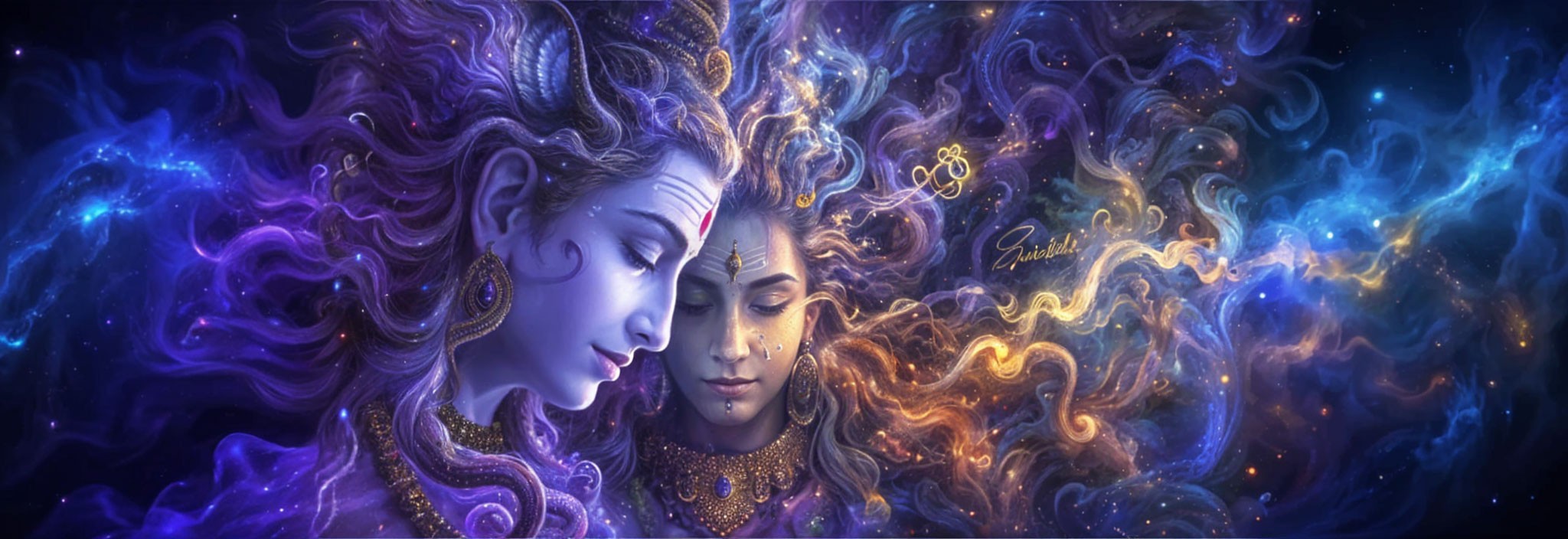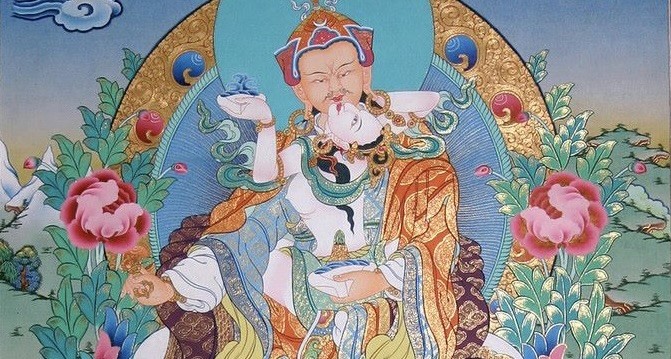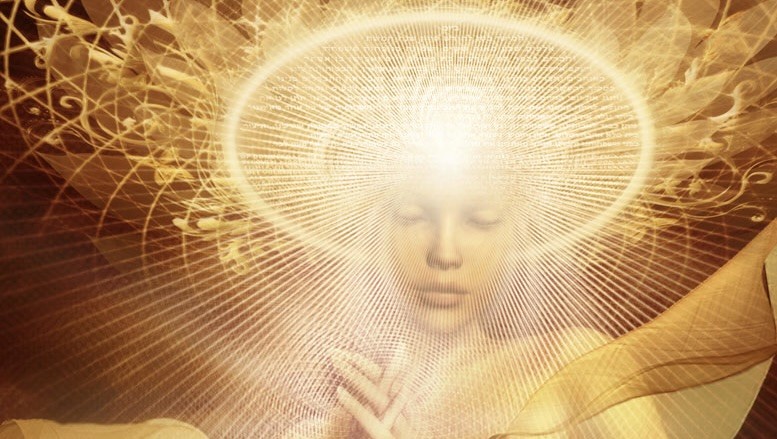
Articles
Resources
Neo vs. Classical Tantra
Oct 30, 2024

Confused about what Tantra really is? That’s because there are so many misconstrued elements being taught under the term ‘Tantra’ and teachers sharing at the level of their own un-awakened consciousness.
It’s important to understand that 90% of what is being taught is Neo or Red Tantra. Would you like to understand the difference between Neo and classical Tantra, and clear away the judgments and confusion surrounding one of the most extraordinary and elusive paths to enlightenment?
Neo or Red Tantra can be potentially harmful if not facilitated by individuals with a high level of maturity and clarity, which is rare. Too often I see it used as an excuse for over indulgence, lack of responsibility towards others, unchecked egoic freedom (instead of true liberation), and identification with archetypes and role-playing that masks insecurity.
These are all the opposite of the goals of classical Tantra.
Here is a simple breakdown of these two systems, that has been inspired by Halo Seronko (@ShaktiTempleArts)
Neo
Focuses on sexual freedom and intimate human connections.
Classical
While sexuality is embraced rather than excluded or shunned, as seen in many religious traditions, the primary emphasis is on spiritual liberation and one’s relationship with the Divine.
_________
Neo
Utilizes polarity teachings (i.e. masculine and feminine), which can reinforce attached identification with these concepts.
Classical
Employs duality (i.e. Shiva and Shakti) to dissolve the mind's constructs around polarities. The ultimate goal is non-dual awareness, where we eventually realize Shiva is Shakti and Shakti is Shiva—there is no separation.
_________
Neo
Tendency to focus on the physical body, its pleasure, and satisfying the desires of the mind, which often leads to overindulgence.
Classical
Orients toward wholeness, acknowledging desire as a potent force for liberation but also entanglement. Emphasizes the cultivation of right relationship, fostering greater balance, and developing spiritual maturity.
_________
Neo
Tends toward an overly simplified understanding of deities, sometimes inaccurately using them to justify unchecked emotions (e.g., "unleashing your Kali") or ego identification (embodying them prematurely).
Classical
Recognizes deities as vast matrices of power and consciousness, existing in both the manifest and unmanifest realms. Through devotion, reverence, and meditation, they assist us in our journey toward liberation and ultimately awaken within us and as us.
_________
Neo
Without sufficient maturity, there is a strong tendency to strengthen ego identities.
Classical
Emphasizes the careful and intentional deconstruction of ego identities.
________
Neo
Sexual energy is often mistaken for Kundalini, and sexual arousal is confused with its awakening. The chakra system is frequently oversimplified.
Classical
In truth, Kundalini is a much greater liberating force than sexual energy. The profound and intricate system of Tantra emphasizes preparing the body, energy, mind, and emotions for the rare and powerful experience of full Kundalini awakening.
_________
Neo
Primarily focuses on sexual teachings mixed and borrowed from various cultures (i.e., Taoist teachings, which are not Tantric). Teachings inspired by classical Tantra are often embellished, misconstrued, or fabricated. Many are drawn from the Kama Sutra, which is actually NOT connected to Tantra.
Classical
True Tantric sexual teachings are highly secretive because practitioners must possess a level of maturity to engage with them—something most people lack. While Tantra can involve erotic elements (depending on the deity or principle being worked with), it is not inherently sexual. There is an important distinction between eroticism and sexuality in this context.
_________
Neo
Practices often include eye-gazing, partner breathing, self-pleasure, erotic dance, and similar activities.
Classical
Practices include somatic lucid investigations into the infinite wellspring of the body as well as deeply concentrating the mind on specific visualizations of the deity, meditations, and direct experiences of the fullness of life, but beyond any specific form.
Also similar to this…
